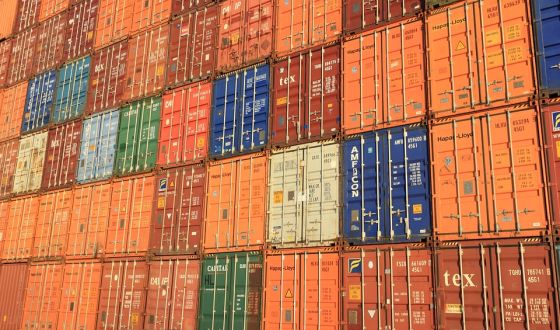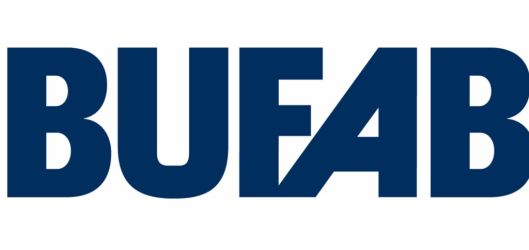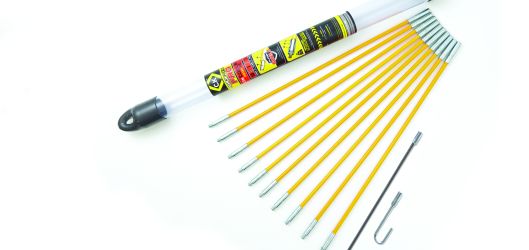
Four years since the process was launched, this week the Commission, the Council and the European Parliament reached an agreement on the modernisation of the EU's trade defence instruments.
According to the trio, the changes agreed to the EU's anti-dumping and anti-subsidy regulations will make the EU's trade defence instruments more adapted to the challenges of the global economy: they'll become more effective, transparent and easier to use for companies, and in some cases will enable the EU to impose higher duties on dumped products. The deal culminates a process launched by the Commission in 2013 and represents a balanced outcome, taking into account the interests of EU producers, users and importers.
The news follows new anti-dumping rules, that were agreed last month.
"Trade defence toolbox"
President Jean-Claude Juncker said: "Our actions to defend European producers and workers against unfair trading practices must be bold and efficient and today's agreement will provide us with an additional tool to do just that. We are not naïve free traders and the set of changes agreed today confirms that once again. Europe will continue to stand for open markets and rules-based trade but we will not hesitate to resort to our trade defence toolbox to ensure a level playing field for our companies and workers."
"We'll continue to stand up for companies and workers suffering from unfair competition"
Trade Commissioner Cecilia Malmström said: "Better late than never. It took us some time to get here, but today's deal means that the EU will have the necessary tools to tackle quickly and effectively unjust trading practices. Together with the recently-agreed changes to the anti-dumping methodology, the EU's tool box of trade defence instruments is in shape to deal with global challenges. The EU stands for open and rules-based trade, but we must ensure that others do not take advantage of our openness. We are and we will continue to stand up for companies and workers suffering from unfair competition."
The new rules will shorten the current nine month investigation period for the imposition of provisional measures and make the system more transparent, the EU said. Companies will benefit from an early warning system that will help them adapt to the new situation in case duties are imposed. Smaller companies will also get assistance from a specific help desk, to make it easier for them to trigger and participate in trade defence proceedings.
Also, in some cases, the EU will adapt its 'lesser duty rule' and may impose higher duties. This will apply to cases targeting imports of what it says are unfairly subsidised or dumped products from countries where raw materials and energy prices are distorted.
The political agreement reached today will enter into force once the Council and the European Parliament give their final green light.
Background
Together with the new anti-dumping methodology, this is the first major overhaul of the EUs anti-dumping and anti-subsidy instruments in 15 years. It is the fruit of more than four years' labour, including broad consultations with multiple stakeholders and negotiations with member states and the European Parliament.
The Commission first proposed a reform of the EU's trade defence instruments in 2013. The Council reached a compromise in December 2016 which allowed for three-way negotiations between them, the Commission, and the European Parliament.



